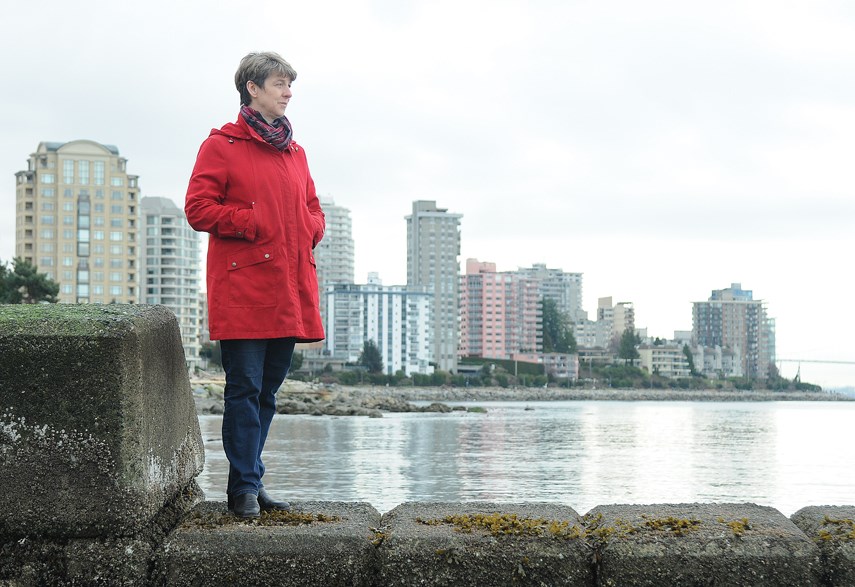With the Lower Mainland’s housing unaffordability crisis at a rolling boil, B.C.’s local governments have put forward a list of suggestions aimed at returning things to a simmer.
The Union of B.C. Municipalities released a report earlier this month laying out 64 recommendations addressing supply, demand and homelessness pressures.
The report calls for a rental housing strategy to vastly increase the supply of new purpose built rental units coming onto the market. That includes supporting the creation of new affordable rental units but also creating tax incentives to woo private developers back into building market rental units.
“Subsidized housing is too expensive to fully address the existing gap between rental housing demand and supply. Substantial private investment is needed. Most B.C. communities have not seen enough new, privately financed, purpose built rental housing constructed for many years,” the report stated.
UBCM is also suggesting allowing landlords slightly higher annual rent increases on the condition the money is spent on continued maintenance and rehabilitation of existing older rental buildings. For balance, they are calling for greater protection for tenants – including the ability for municipalities to refuse demovictions until replacement rental housing has already been built for tenants.
The report also addresses the demand side of the equation with calls for tougher taxation on property speculators, ensuring the foreign buyers tax is still sufficient in curbing demand and applying that tax to presale condos. The province should also close a major loophole in the current rules and force disclosure of beneficial ownership bare land trust agreements.
The District of West Vancouver will be adding its own request. Coun. Nora Gambioli will have a motion before council Monday night calling on the provincial government to open up the Community Charter and allow municipalities to tax properties differently.
Under the current law there are only nine different tax classes: residential, business, farm, light industry, major industry, utilities, managed forest land, recreational and supportive housing.
But the residential class, which comprises almost all of West Vancouver’s land, covers everything from monster houses left vacant to purpose-built rental apartments. By allowing municipalities to tax different types of residential property differently, the hope is they can discourage the former and encourage the latter, Gambioli said.
Housing for first responders could be taxed less than homes owned by non-resident owners or left empty, she said.
“It’s sort of a shifting of the tax burden off of some and onto others, depending on what we need and where we want to go,” she said.
“It doesn’t matter if your house is 10,000 square feet and you’ve got two swimming pools or if you live in an apartment. . . . The community value of who is living on the property is not considered.”
The motion has been in the works since the City of Vancouver, which has its own charter, began considering an extra tax on vacant homes.
Gambioli said the district gets a lot of letters blaming council for out of control housing costs. But, other than rezoning property for more homes, there is very little a municipality can do.
“It’s our little stab at the problem,” she said.
“It’s bringing down the insane amount of capital that’s flowing into here and you know it’s been happening for years and years. And we just can’t control it. For us, it’s the upper levels of government that have to pull these levers.”
Gambioli said she expects the motion will pass with the full support of council. As for whether the province will acquiesce, Gambioli said she can only hold out hope.
“We’re just battered and bruised from banging our heads against those walls. I mean, honestly – the provincial government has never listened to us up until now, even when our MLAs were in (government),” she said.



.jpg;w=120;h=80;mode=crop)